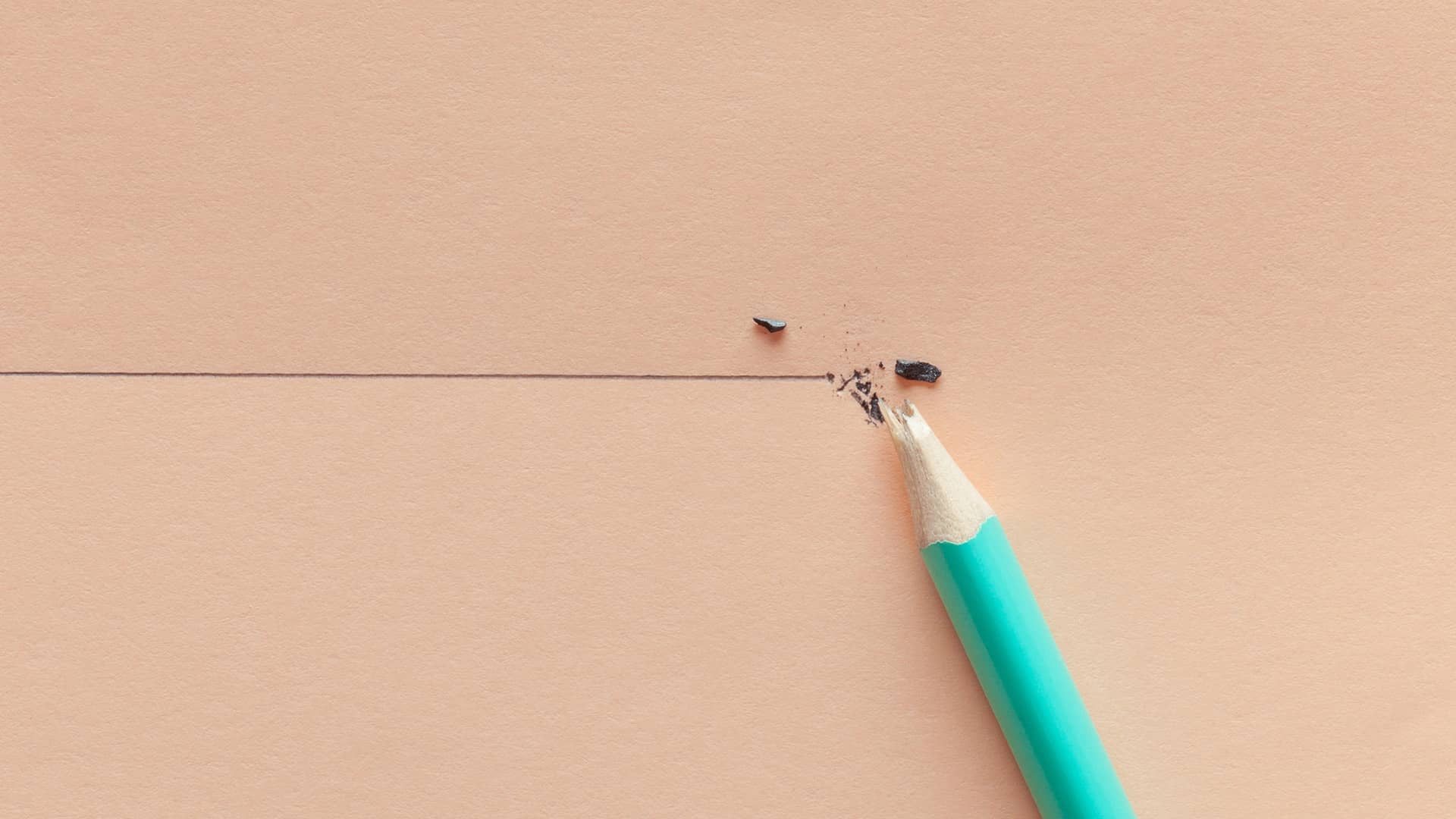Sometimes I hate looking in the mirror, because nothing feels perfect.
From the bump on my forehead to the unevenness of my receding hairline, everything in the reflection seems asymmetrical and unbalanced.
Even now, I catch myself overthinking, and my need for consistency continues to cause headaches.

As a creative individual, my mind builds invisible grids, guides, and systems to make sense of the world around me.
It’s both a blessing and a curse.
On one hand, perfectionism and attention to detail help me produce work I’m proud of, but it can also throw me off completely if a single pixel is out of place.
This way of thinking makes decision-making harder than it should be, as I constantly ask myself, “Is it good enough?” or “How can I make it better?“
In my personal life, trying new things can be especially challenging because I overanalyze every possible approach instead of simply doing the thing itself.
I set high standards for myself, knowing the mountains will never be climbed.
“Imperfect action is better than perfect inaction.” — Harry S. Truman
I’ve always struggled to take small steps, so when I came across this quote, it shifted how I viewed my habits and how I could improve them.
Something I wish I had learned earlier.
Instead of obsessing over the little things from the start, I began to focus on movement, throwing ideas at the wall, and refining them later.
It wasn’t easy, but this change permitted me to take more risks and share things openly, even if they felt unfinished.
I realize now that perfectionism is often misunderstood and convinces us that if something isn’t flawless, it isn’t worth sharing.
It’s a belief I’ve carried for years, and one that has kept too much hidden.
Still, I overthink and refine what I believe matters, but I’m learning to release my grip and see what else I might discover in the process.
Not everything needs to be perfect.
See you next week,
William
